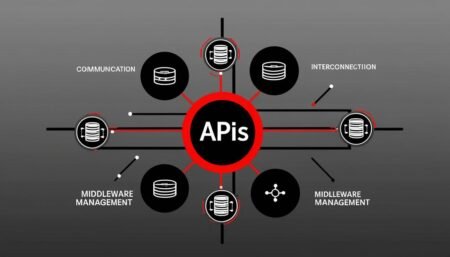OpenAI has launched the OpenAI Academy, pledging $1 million in API credits to empower developers in low and middle-income countries and bridge the resource gap in AI development.
OpenAI Launches Academy to Support AI Development in Low and Middle-Income Countries
San Francisco, CA, October 2023 — OpenAI has unveiled a significant new initiative, OpenAI Academy, aimed at fostering artificial intelligence development among developers from low and middle-income countries. As part of this effort, the company has committed $1 million in API credits to help bridge the resource gap that often hampers technological innovation in these regions.
According to OpenAI’s announcement, the OpenAI Academy will provide crucial support to developers who often do not have access to advanced training and technical resources. This initiative aims to tap into the potential of these developers, who are already contributing substantially to fast-growing tech sectors in their respective countries.
The company’s blog post outlines the challenges faced by many developers in underserved communities. Despite the presence of skilled professionals and innovative organisations, the lack of access to cutting-edge AI tools and training remains a significant barrier. By providing API credits, OpenAI hopes to mitigate these challenges, allowing local talent to make impactful contributions across various industries.
Beyond just the API credit grants, OpenAI Academy also includes programs such as incubators and competitions, which are designed to provide further investment opportunities. These programs will be run in collaboration with philanthropists who share OpenAI’s vision of supporting technological advancement in disadvantaged regions.
One of the strategic aspects of this initiative is its emphasis on non-English speaking communities. OpenAI has financed the translation of the Massive Multitask Language Understanding (MMLU) benchmark into 14 languages, among them Arabic, Bengali, and Swahili. This effort is intended to make advanced AI tools more accessible to a broader range of linguistic groups, thus extending the benefits of AI technology to more users globally.
In a broader context, these initiatives represent OpenAI’s commitment to ensuring equitable access to AI resources and training. By investing in local AI talent, OpenAI aims to not only uplift individual developers but also catalyse technological innovation across entire regions.
The OpenAI Academy’s launch comes at a time when AI is increasingly being recognised for its transformative potential across industries. By extending its resources and support to underrepresented communities, OpenAI is positioning itself as a key player in the global effort to democratise AI technology.
As the program moves forward, it will be interesting to see the kinds of innovations that emerge from these newly empowered developers and organisations.
Source: Noah Wire Services
















